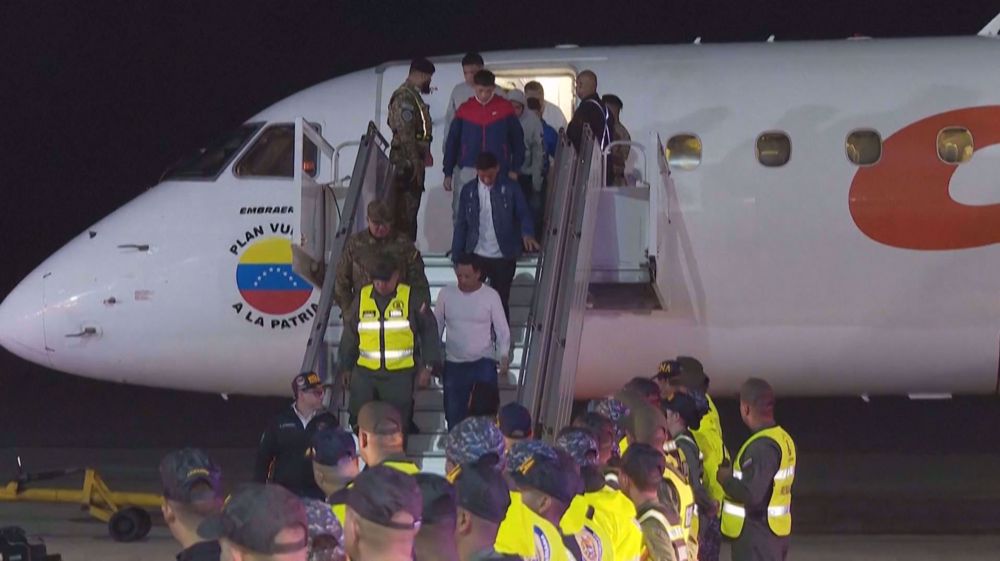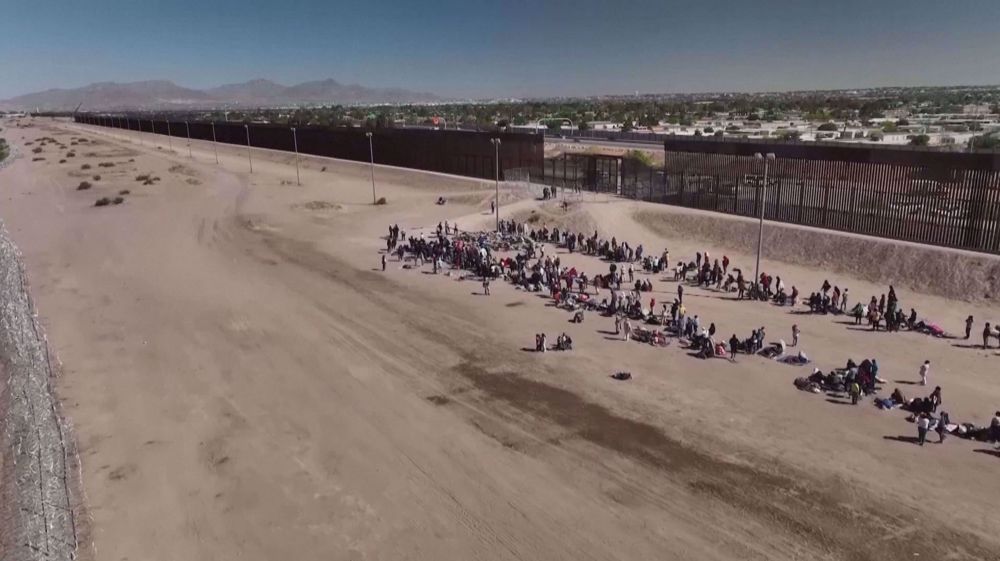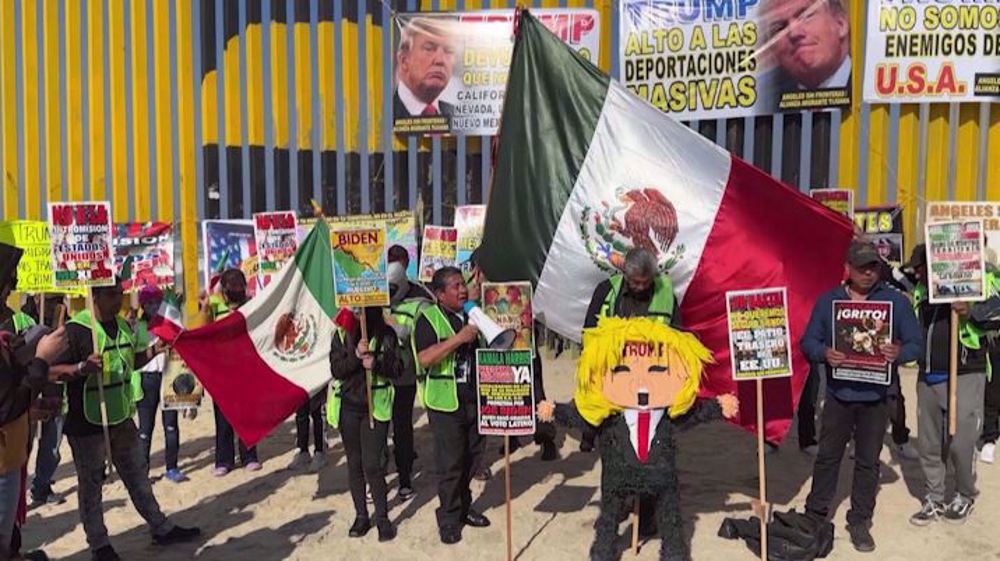Clashes, arson mar Chile march to commemorate Pinochet victims
Chileans have clashed with police and committed acts of arson in the capital Santiago during a Sunday march to commemorate the victims of Augusto Pinochet's military dictatorship, 50 years after the coup d'etat that brought him to power.
Civilians and police skirmished outside the presidential palace, La Moneda, where then-president Salvador Allende was overthrown on September 11, 1973, and at the cemetery that houses a memorial to the victims of Pinochet's brutal regime.
Police used tear gas and water cannon in confrontations that left three officers injured, according to the government. Three people were arrested.
President Gabriel Boric, who had briefly joined the procession of some 5,000 people, according to official estimates, condemned the lawlessness after demonstrators broke through security barriers at La Moneda and damaged the building's façade.
"As President of the Republic, I categorically condemn these events without any nuance," he wrote on X social media platform, formerly known as Twitter, adding, "The irrationality of attacking what Allende and so many other Democrats fought for is vile."
Half-a-century after the coup, Chile remains divided among those who defend the dictatorship and those who repudiate it.
Boric on Sunday became the first president to take part in the annual commemoration since the end of the dictatorship in 1990.
There were also clashes with police at other points during the march, with some marchers hurling Molotov cocktails and setting up burning barricades.
Inside the cemetery, some mausoleums were damaged, including the tomb of a right-wing senator killed in 1991.
"Those responsible for this violence are adversaries of the government," said Manuel Monsalve, deputy interior secretary.
The bulk of the participants, bearing Chilean flags and chanting slogans such as "Truth and justice now!" or "Allende lives," marched peacefully.
"September 11 is a date that fills us with memories, but also gives us some anguish, because instead of advancing we have regressed," 76-year-old Patricia Garzon, a former political prisoner, told AFP along the route.
"With this march, we remember that 1973 broke democracy in Chile, and now we continue fighting to maintain and strengthen it," said Luis Pontigo, 72, a retired teacher.
More than 3,200 people were killed or "disappeared" -- abducted and presumed killed -- by Pinochet's security forces, and about 38,000 were tortured.
The general died of a heart attack on December 10, 2006, aged 91, without ever setting foot in a court.
Fifty years later, Chile is still trying to find its post-coup identity and shape a new political system.
In May, the far-right Republican Party led by conservative lawyer Jose Antonio Kast -- a Pinochet apologist -- won 23 of 51 seats on the council that will write a new constitution to replace the one dating from the dictatorship era.
In the morning, Boric inaugurated an exhibition dedicated to Allende's memory at La Moneda, in the presence of the deceased Marxist leader's family members.
(Source: AFP)

Nearly 200 migrants deported from US, all men, arrive in Venezuela

'Un-American,' 'Help people already here'- birthright citizenship debate divides NY

Activists in Mexico rally against incoming Trump's anti-immigration policies
Iran embassy condemns Netanyahu’s visit to Hungary, calls Israel ‘threat to world peace’
Iran will stand up to bullying: Top general outlines Leader’s reply to Trump’s letter
US rights group slams Western countries for ‘perpetrating genocide’ in Gaza
US revokes another university student visa ‘without explanation’
Israel kills Palestinian journalist after targeting her home in Gaza
VIDEO | Mass protests sweep major European cities against Trump-Musk intervention
Lost childhood: In Gaza, a child is killed by Israel using US arms every 45 mts
Hamas hails Microsoft employee for exposing company’s role in Gaza genocide






 This makes it easy to access the Press TV website
This makes it easy to access the Press TV website